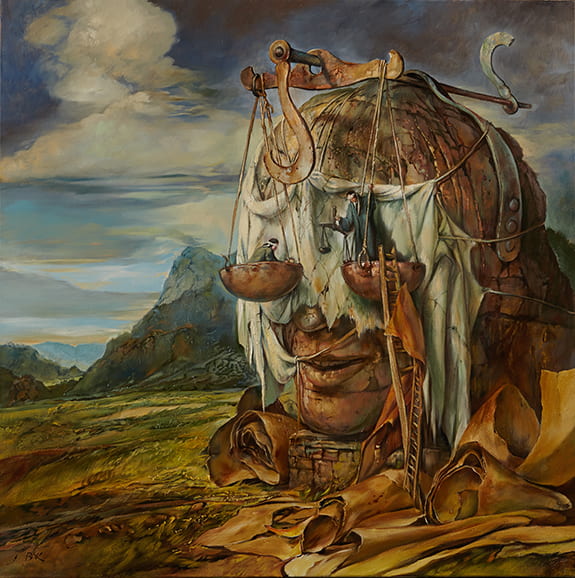by nchicoine | Mar 9, 2022 | Andreas
Andreas gives the ocean many names: the whale-road, the formidable waterways, the menace of the water, the salt sea-streams, the cold waters. The ocean roars, jostles, surges, and encroaches. The epithets of the ocean mirror the epithets of God. In fact, one of God’s...

by JarrowMonk673 | Mar 9, 2022 | Andreas, Readings
In her article on “Beowulf and Andreas,” Irina Dumitrescu highlights the irony of Andrew’s heroic depiction.[1] His valor as a courageous warrior and leader of men is praised throughout the poem to an extent that seems deliberately exaggerated, and sometimes even down...
by lcortinez | Feb 24, 2022 | Andreas, Readings
Andreas is a book of the travels and adventures of St. Andrew, or Andreas, as he attempts to save St. Matthew from a cannibalistic race of Mermedonians. However, it also allows for an inspection of the saintly suffering of a loyal follower of God, and how God’s...

by mordonez | May 23, 2020 | Andreas, Questions, Readings
by Kaedy Puckett, Clare Kemmerer, Dannie Griggs, and Maya Ordonez Faith No More? By Kaedy Puckett One cannot help but wonder about the course of Matthew and St. Andrews’ faith if the narrative of Andreas had an alternate ending. Had Andreas failed in his mission to...

by ktreskow | May 20, 2020 | Andreas, Life of St. Margaret
Of all the fascinating passages in The Life of St. Margaret, the passage that most gave me pause was Margaret’s interaction with Rufus (the “brother of the devil”) in the form of a dragon. As a student who has had relatively little interaction with hagiography, I had...

by ktreskow | May 18, 2020 | Andreas, Readings
While Andreas’ account of Jesus’ miracles in parts V, VI, and VII is certainly not the most gripping passage of the poem, it is indeed one of the most fascinating in terms of scriptural interpretation. In these scenes, Andreas is confronted by “The Lord of the angels,...




